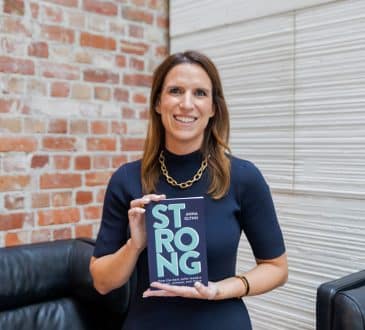What Will Travel Be Like In 100 Years?

While time travel may be something that we have only observed in sci-fi films, some scientists consider it may be commonplace in as few as 100 years.
From biometric scanning to iPad-controlled hotel rooms, glimpses into the future of travel have already begun popping up in airports and resorts around the world.
In coming years, digital advancements will have made the discovery, planning, and booking of a journey into a seamless and intuitive experience.
Travel search and booking will be as easy as buying a book on Amazon. Instead of tapping away at your machine to schedule flights and luxuries, each of us may have an ‘e-agent,’ inside a watch or small piece of jewelry, which goes everywhere with us. It could have the face, voice, and personality of our favorite actor or comedian and appear to use as a 3D hologram image, or inside a virtual environment, at our verbal command.
The travel experience will become much more personalized in the next few years, including using biometrics
While that seems a bit extreme, it’s not outside the realm of possibility that the travel experience will become much more personalized in the next few years.
Computers, through analyzing our researches online and cross-referencing our favorites, will be able to use imminent algorithms to make simple suggestions. This imminent software, as it’s known, will also likely take into thought the personal data we share with ourselves on social media when developing specific itineraries.
And when we do jet off, it will be even simpler than it is today.
The flight-booking site assumes that major technological advances will have reduced the need for check-in lines and desks. Instead, you will be ready to drop your bag at automated points in the terminal.
Forget having to carry a passport; digital scanning technology will perform check-in a seamless process
Biometric face recognition software and machine-readable passports. Utilizing a digital boarding pass – will assist to clear customs in less than a minute, and high-speed laser molecular scanners will security check hand luggage in seconds as you walk past them toward the departure lounge without even breaking your stride,’ Steve Tooze, special projects editor at The Future Laboratory tells MailOnline Travel.
And while we may see the commencement of space travel in coming years, many expect the hotel of choice to be those located underwater.
Though today, underwater rooms are considered a rare luxury, many out-to-sea hotels are currently being developed – such as Dubai’s Water Discus Hotel – and will undoubtedly change the accommodation landscape entirely.
Plane manufacturer, Airbus, latterly predicted the development of travel inclinations over the next 50 years and their planes seem like something out of a sci-fi film.
According to an organization, passengers will be able to rest in massage seats that serve drinks and vitamins, as well as present either a sea breeze or fresh pine scent.Sound showers will support the perfect night’s sleep, while special shades will further block out the light. But if you prefer a scene, the plane will also be made up of picturesque windows that can turn transparent at the wave of a hand.And bonus: such a 360-degree view would offer unbelievable views of world wonders and attractions.
Taking a page from some long-haul carriers, bars will also become more prevalent on flights, while pop-up pods will offer private spaces. Research implies that each flight in the world could be approximately 13 minutes faster on an average, which would save millions of tonnes of excess fuel annually.
In hotel rooms, everything will be automatic and personalized.
Many hotels have already started to roll out iPad-sound, controlled lights, and room service features and that will only grow in popularity in the coming decades.
We can expect hotel bedrooms to incorporate pillows with sleep-aiding massage technology and holographic wall systems that will project personal trainers or even friends and family in 3D.
And forget long-haul flights to get where you require is.
Teleportation could become an annual occurrence by 2080, according to Dr. Mary Jacquiline Romero from the School of Physics and Astronomy at the University of Glasgow. The extraordinary thing about teleportation is that there is no specific law showing us that it cannot be arranged and with technical advances, The estimate is that teleportation, we notice in the films will be with us in forthcoming years.’
Add CEOWORLD magazine to your Google News feed.
Follow CEOWORLD magazine headlines on: Google News, LinkedIn, Twitter, and Facebook.
This report/news/ranking/statistics has been prepared only for general guidance on matters of interest and does not constitute professional advice. You should not act upon the information contained in this publication without obtaining specific professional advice. No representation or warranty (express or implied) is given as to the accuracy or completeness of the information contained in this publication, and, to the extent permitted by law, CEOWORLD magazine does not accept or assume any liability, responsibility or duty of care for any consequences of you or anyone else acting, or refraining to act, in reliance on the information contained in this publication or for any decision based on it.
Copyright 2024 The CEOWORLD magazine. All rights reserved. This material (and any extract from it) must not be copied, redistributed or placed on any website, without CEOWORLD magazine' prior written consent. For media queries, please contact: info@ceoworld.biz
SUBSCRIBE NEWSLETTER









